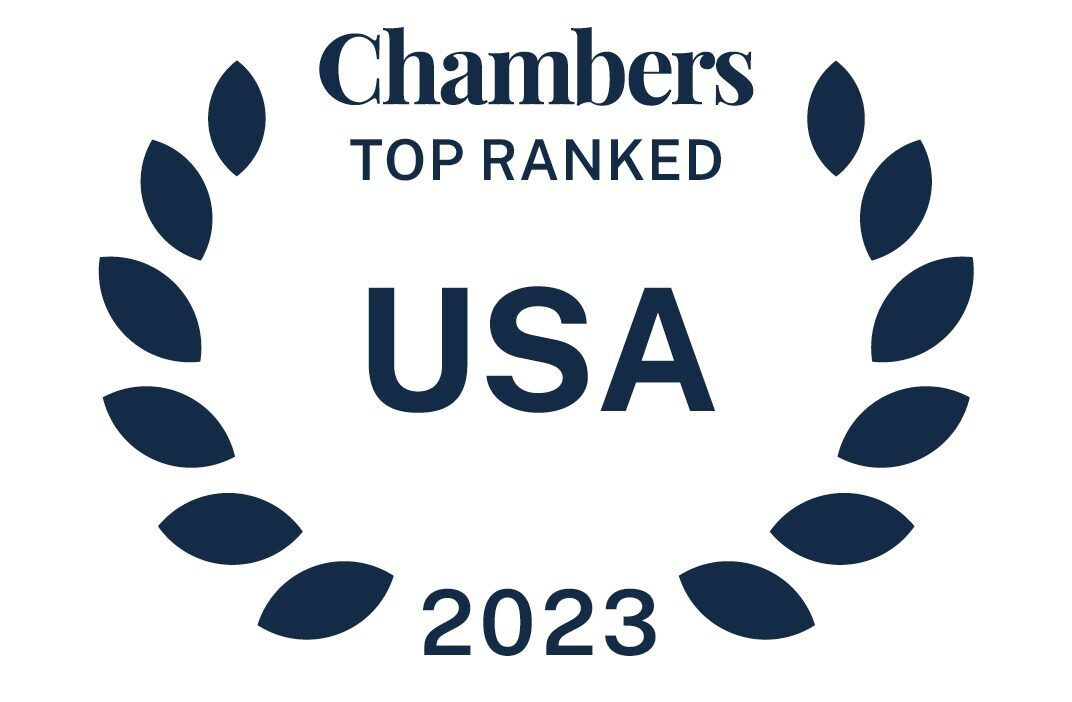Trending in Telehealth highlights state legislative and regulatory developments that impact the healthcare providers, telehealth and digital health companies, pharmacists, and technology companies that deliver and facilitate the delivery of virtual care.
Trending in the past week:
- Out-of-state telehealth providers
- Interstate compacts
- Reimbursement requirements
A CLOSER LOOK
Proposed Legislation & Rulemaking:
- California’s AB 2339 was approved by both chambers and sent to the governor for signature. The bill would expand the definition of “asynchronous store and forward” for the state’s Medicaid program, Medi-Cal, to include asynchronous electronic transmission initiated directly by patients, including through mobile apps. Existing law prohibits a healthcare provider from establishing a new patient relationship with a Medi-Cal beneficiary via asynchronous store and forward, audio-only, remote patient monitoring, or other virtual communication modalities, except as specified. Among those exceptions, existing law authorizes a healthcare provider to establish a new patient relationship using an audio-only synchronous interaction when the visit is related to sensitive services (e.g., mental or behavioral health, sexual and reproductive health, substance use disorder treatment, gender affirming care) and when established in accordance with Medicaid-specific requirements. AB 2339 would expand this exception to the use of asynchronous store and forward when the visit is related to sensitive services. Existing law also authorizes a healthcare provider to establish a new patient relationship using an audio-only synchronous interaction when the patient requests an audio-only modality or attests that they do not have access to video. AB 2339 would remove from that exception the option of the patient attesting that they do not have access to video, and would add a parallel exception to permit the use of an asynchronous store and forward modality when the client requests.
- The North Dakota Board of Medicine proposed regulations that would provide exceptions to physician licensure for telehealth providers licensed in another state, including for continuation of care received outside of the state, temporary care while the patient is located within the state temporarily, preparation for a scheduled in-person visit, practitioner-to-practitioner consultations, and emergency circumstances.
Finalized Legislation & Rulemaking:
- Delaware enacted SB 331 into law. Under the act, out-of-state practitioners who wish to prescribe controlled substances in Delaware, including those who have privilege based on a telehealth registration or compact license, must obtain a Delaware controlled substance registration.
- Alaska enacted SB 75 into law, entering the state into the Audiology and Speech-Language Pathology Interstate Compact.
- Alaska enacted SB 91 into law. The act updates the telehealth licensure exceptions (which currently allow physicians licensed in another state to provide telehealth services in Alaska without Alaska licensure under certain circumstances) to include exceptions for members of a physician’s multidisciplinary care team. “Multi-disciplinary care team” is defined to include nurses, advanced practice registered nurses, physician assistants, social workers, psychologists, licensed professional counselors, marriage and family therapists, physical therapists, occupational therapists, and other provider types. The exception applies when such services provided are not reasonably available [...]
Continue Reading
read more


 Subscribe
Subscribe

